Notice of Non-Discrimination
Angelina College provides education and employment opportunities without discrimination on the basis of race, color, religion, national origin, sex, disability, age, sexual orientation, gender identity or gender expression. Angelina College complies with the Americans with Disabilities and Veterans Act.
Inquiries and complaints of violation of Title VI (race, color, religion or national origin); Section 504 (disability); Title II, ADA (disability); or Age Discrimination Act should be directed to:
Dana Smithhart, Executive Director of Institutional Advancement and Student Affairs, 3500 South First, Lufkin, TX 75901, telephone 936-633-5344.
Title IX (sex) complaints should be directed to
Tifini Whiddon, Senior Director of Human Resources.
Institutional Research
To meet the requirements of accreditation, to provide for continuing program development and evaluation, and to enhance administrative and support services, the college must conduct on-going research. These assessments will provide data for continuous improvement of the programs, services and operations of the college. The students may be required to take additional examinations, participate in surveys and/or provide samples of their work throughout their academic careers in support of this program.
Distance Education
Angelina College is committed to delivering the same quality of instruction and student services and to ensuring compliance with the SACSCOC Principles of Accreditation regardless of wherever courses and programs are located or however they are delivered.
Angelina College has adopted the SACSCOC definition of distance education as “a formal educational process (synchronous or asynchronous) in which the majority of the instruction (interaction between students and instructors and among students) in a course occurs when students and instructors are not in the same place.” The College calls synchronous distance education courses either “virtual” courses, which never require in-person meetings, or “hybrid” courses, which require at least one in-person meeting during the course. Asynchronous distance education courses are called “internet” courses, and these courses do not require in-person or online meetings between faculty and students or among students, although the faculty member will be available online or in-person during published office hours to help or consult with students.
Angelina College offers distance education courses online through its learning management system called Blackboard often using Collaborate, which is a browser-based web conferencing solution for learning. Additionally, Angelina College offers distance education courses through the Virtual College of Texas in joint cooperation with other Texas junior college districts. In limited circumstances, faculty may use interactive television (ITV) to deliver synchronous distance education courses. In distance education courses, students are issued a secure login and pass code to ensure the student who registers in a distance course or program is the same student who participates in and completes the course or program and receives the credit. At the course instructor’s discretion, students enrolled in a distance education course may also be required to take proctored examinations, which require picture identification.
Off-Campus Instructional Sites
Off-Campus Instructional Sites and Centers: Angelina College operates a number of off-campus instructional sites. In keeping with SACSCOC policy, the College distinguishes between off-campus instructional sites where students can obtain 50 percent or more of credits toward at least one academic program (see Table D), and sites where students can obtain 25 to 49 percent of credits toward at least one academic program (see Table E). Off-campus instructional sites may include centers controlled and operated by Angelina College, high schools in the College’s service area, medical centers and hospitals, and facilities operated by third parties.
Angelina College students may access services online and at the main campus in Lufkin, Texas.

